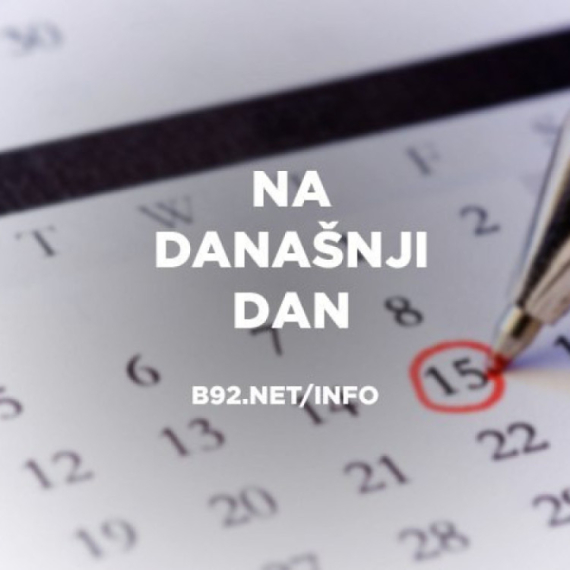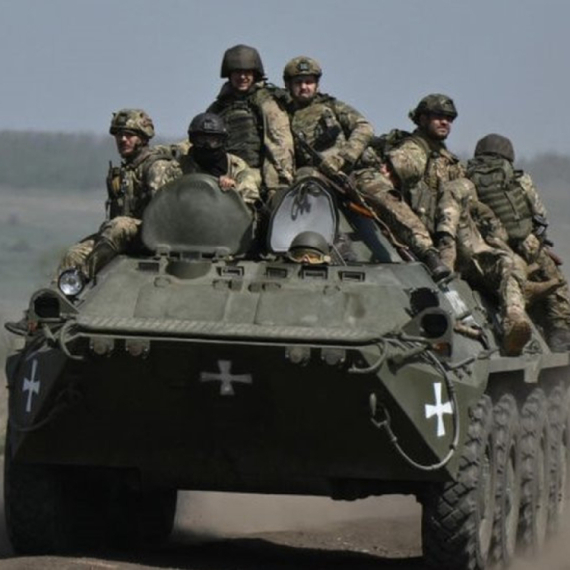"Moderate rise in inflation ahead"
The inter-annual inflation will see a moderate increase after January this year, approaching the lower limit of the allowed deviation from the target.
Tuesday, 13.01.2015.
09:24

"Moderate rise in inflation ahead"
The 0.4 percent drop in consumer prices in December 2014 was a result of lower prices of oil derivatives, cigarettes and non-processed foods.The drop in consumer prices used as a measure of inflation would have been even steeper in December if the prices of non-food products and services had not gone up.
The year-on-year inflation stood at 1.7 percent in December 2014, which is below the lower limit of the allowed deviation from the 4 percent target rate, with the deviation of +/- 1.5 percent. The annual inflation was 2.9 percent.
According to NBS, the low annual inflation is due to a lack of increase in regulated prices, which only reached 1.1 percent at an annual level.
"No major changes"
No major changes in the dinar-to-euro exchange rate are expected on the Serbian bank market, except slight growth or stagnation this year, Veroljub Dugalic, Secretary General of the Association of Serbian Banks (UBS), said on Monday.It is difficult to predict the trends of the dinar exchange rate, which is in a floating regime, but the dinar is not expected to lose much of its value since greater foreign investments - in the Smederevo steel mill in particular - have been announced, Dugalic said, adding that the arrival of major foreign investments may bring GDP growth and improve the country's balance of payments.
The issue of the national currency's exchange rate is a long-term one, because Serbia has had an international trade deficit for quite a while now, as well as major foreign exchange liabilities, which generates pressure on the dinar, Dugalic said.
Due to a lack of major investments, demand for foreign exchange has risen while supply is insufficient, which has impacted the dinar exchange rate, the UBS secretary general said.
The National Bank of Serbia is striving to ease the pressure on the national currency through interventions on the interbank foreign exchange market, he said.
Banks in Serbia have high liquidity but, amid reduced credit activity, they are forced to look elsewhere when investing money for profit, and purchases of state securities have been one form of investing available capital, Dugalic said.

























































Komentari 0